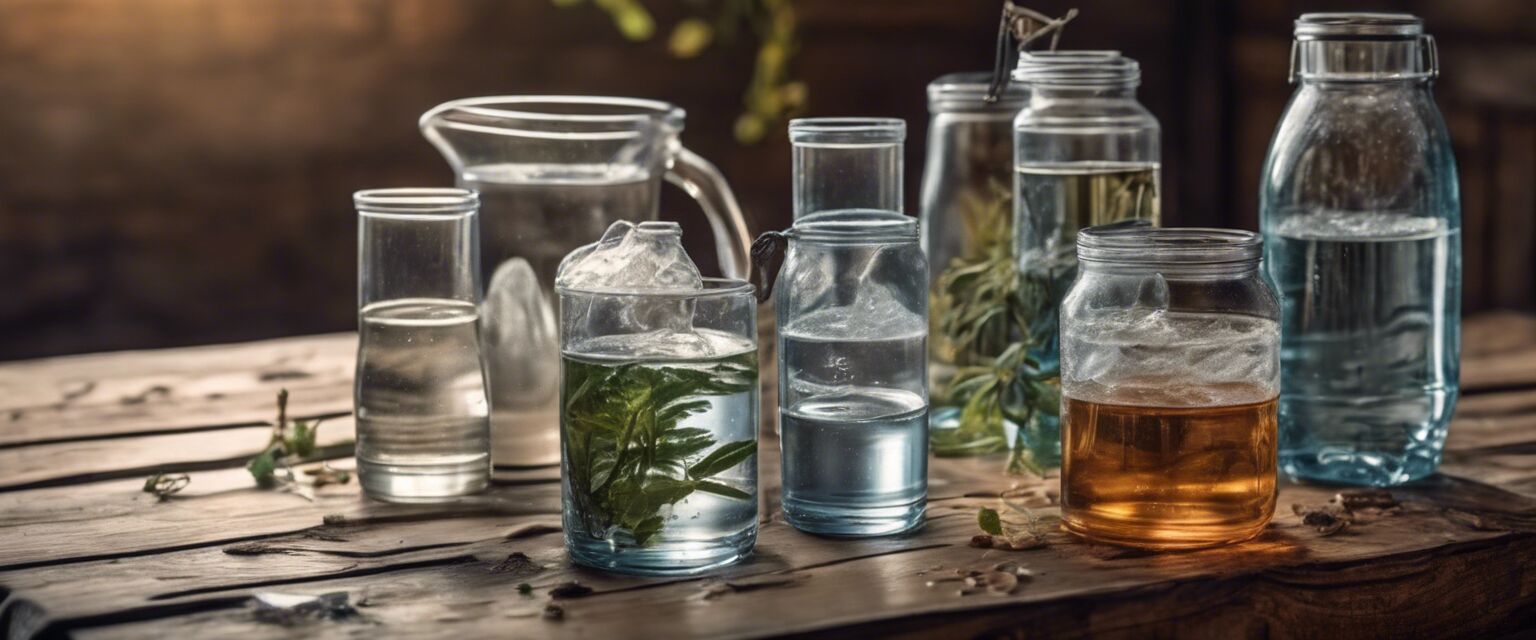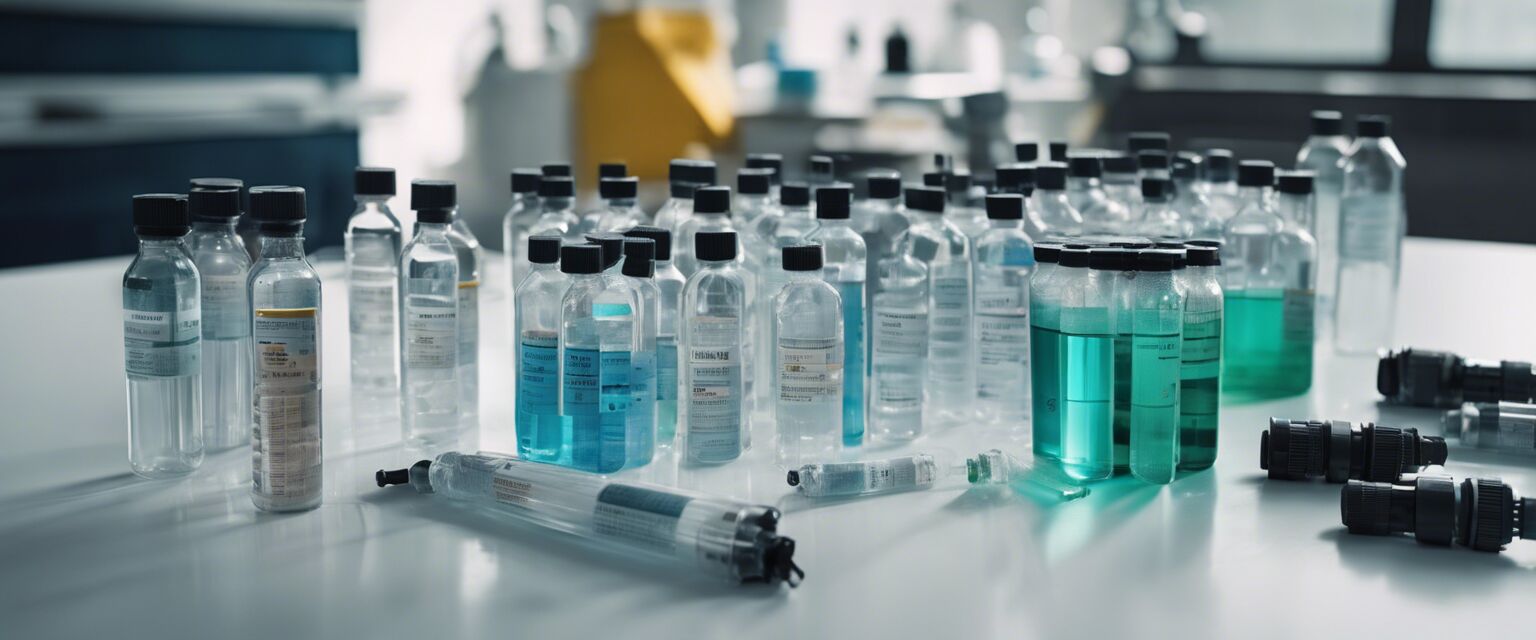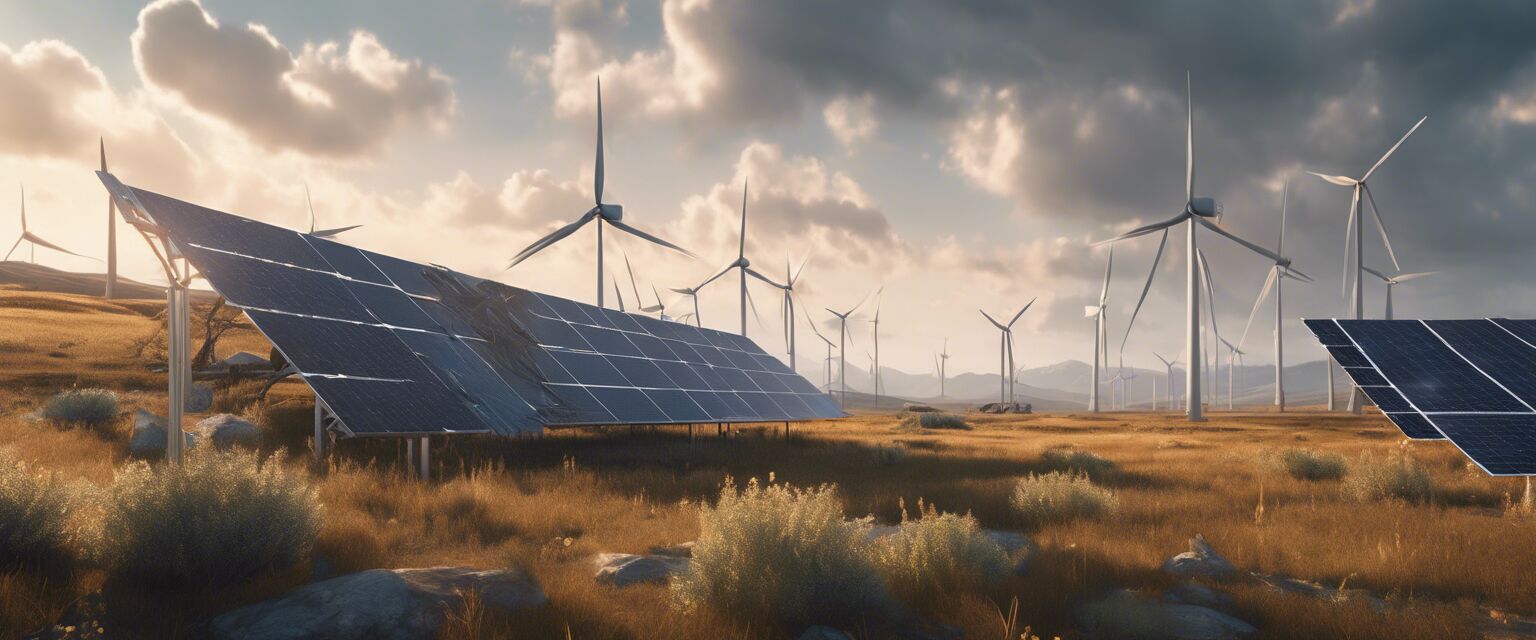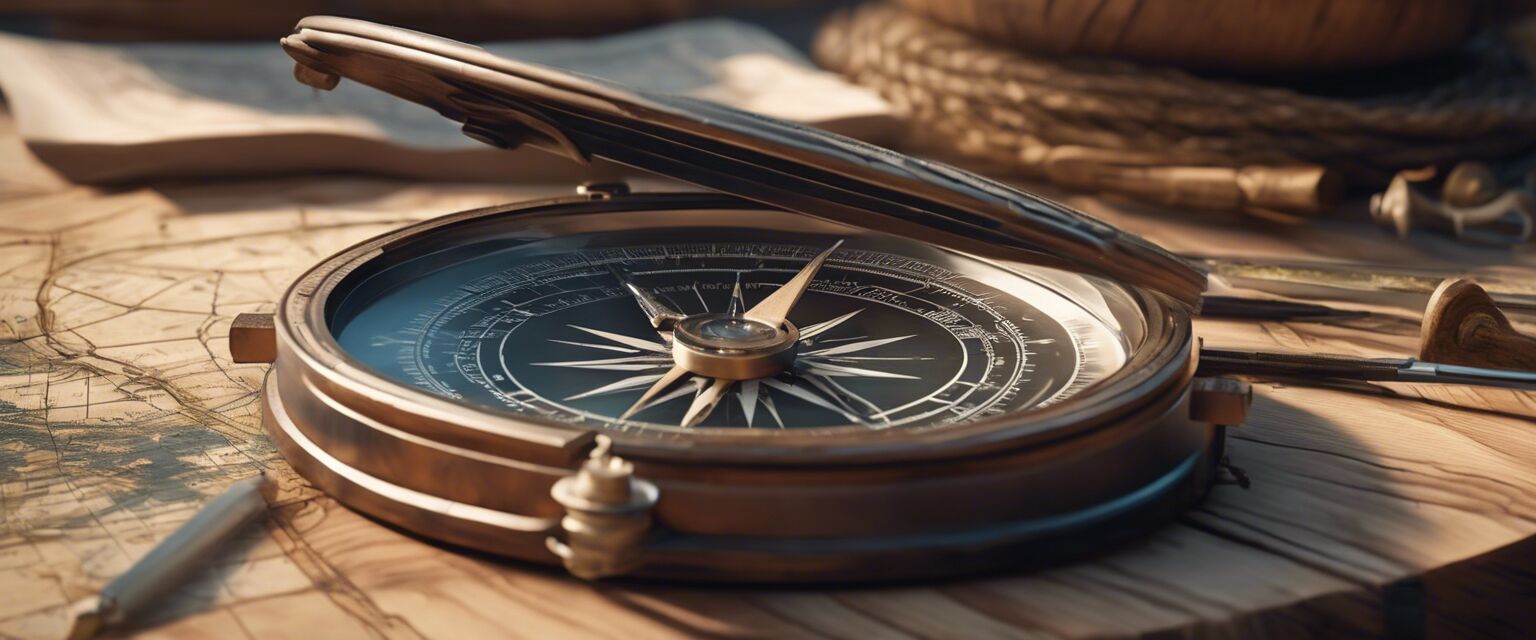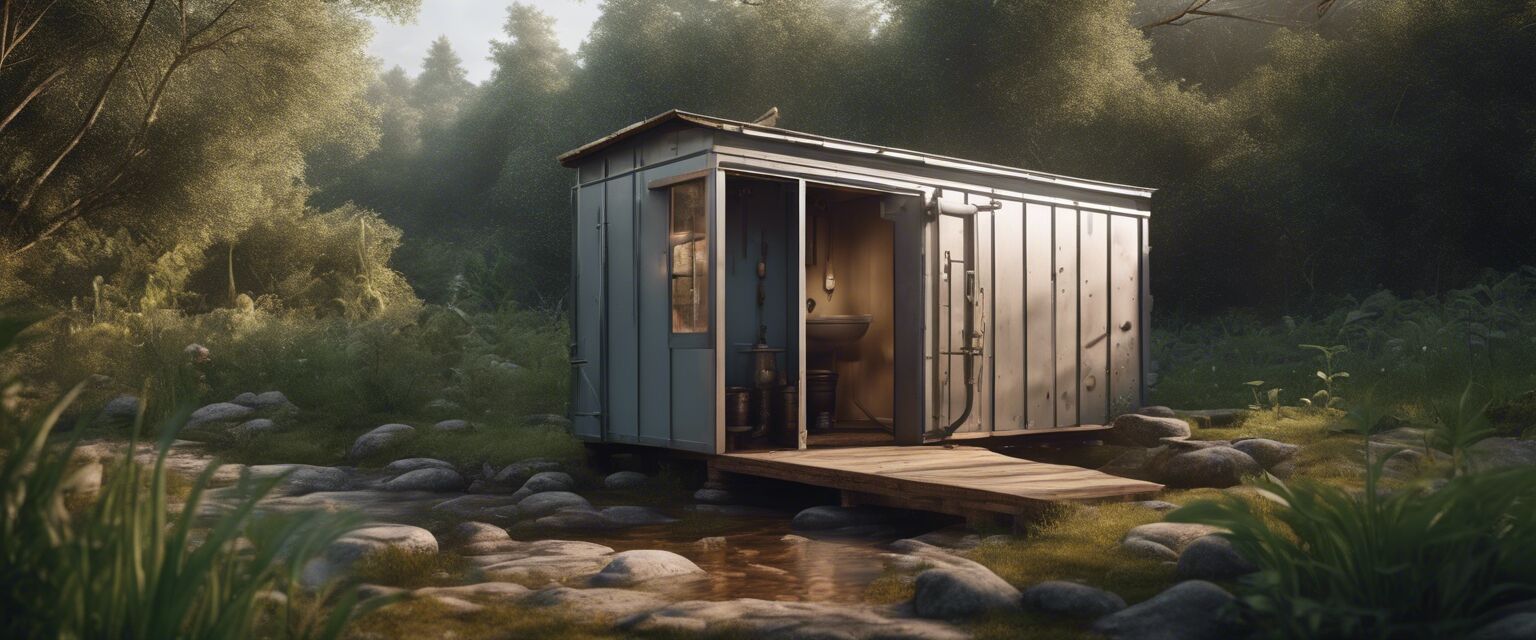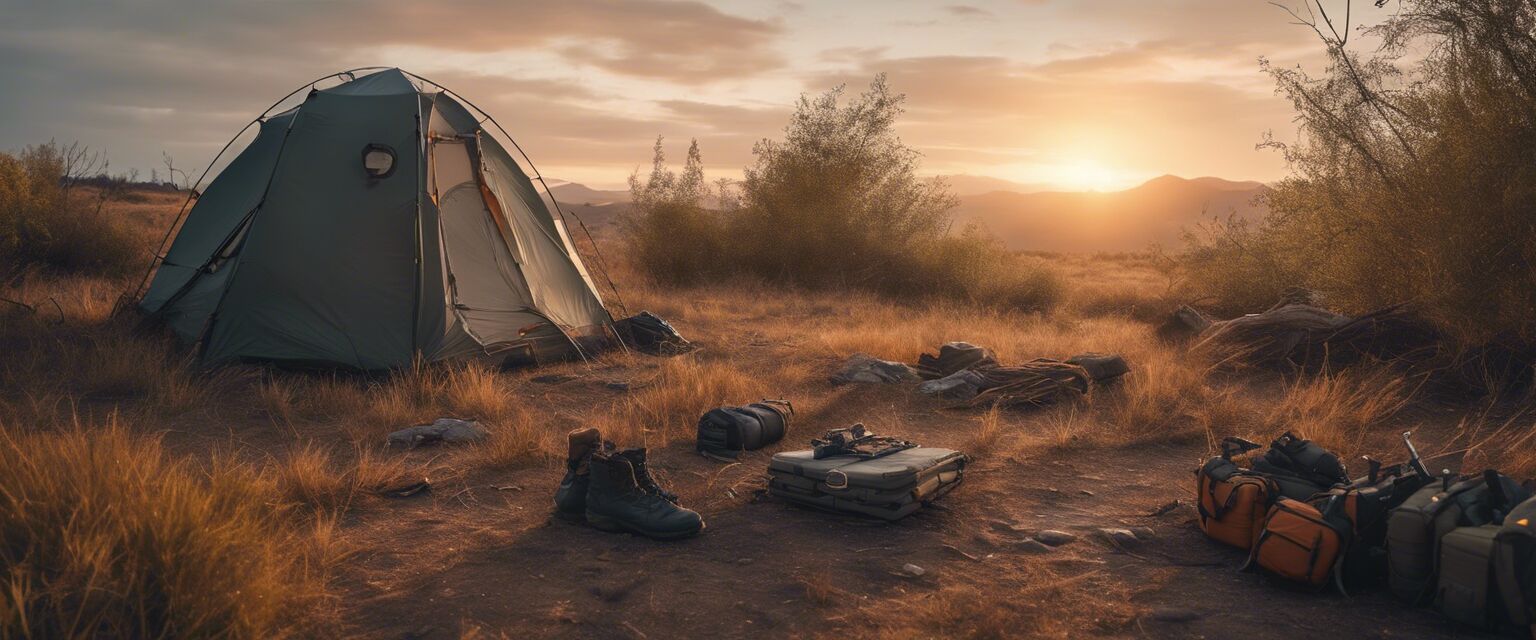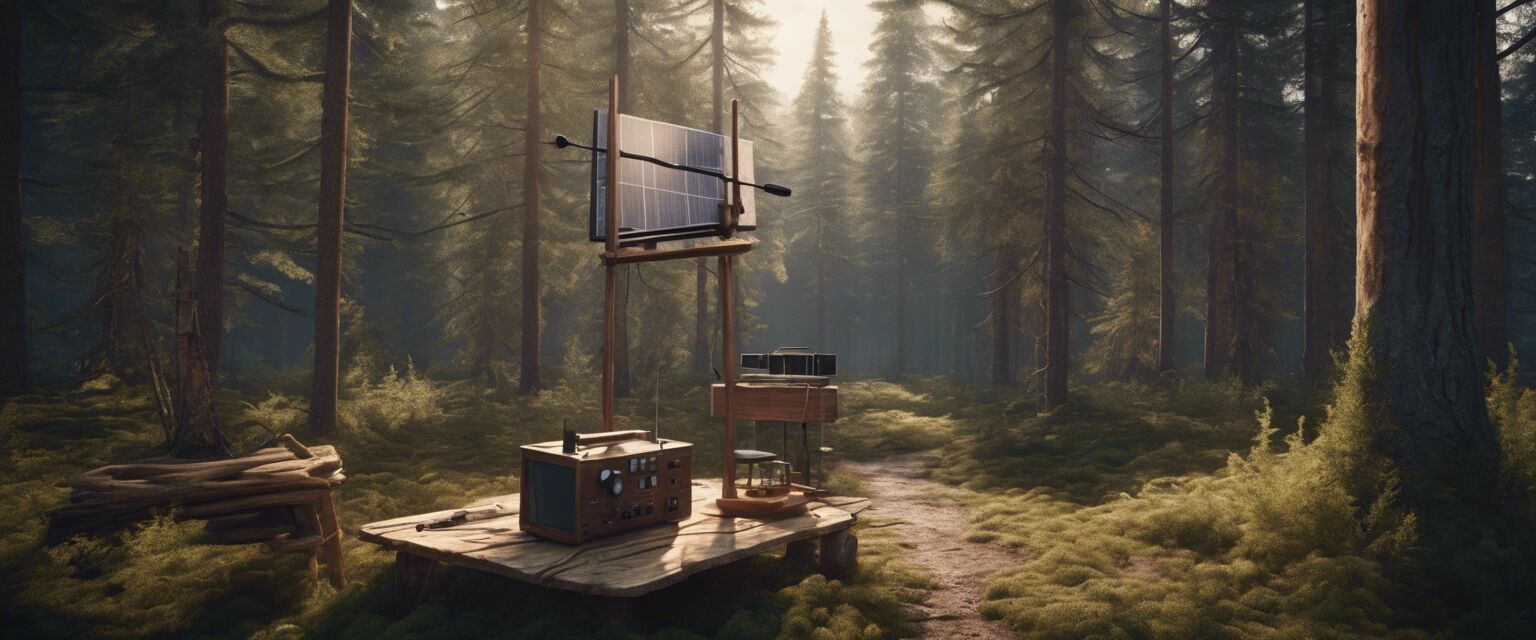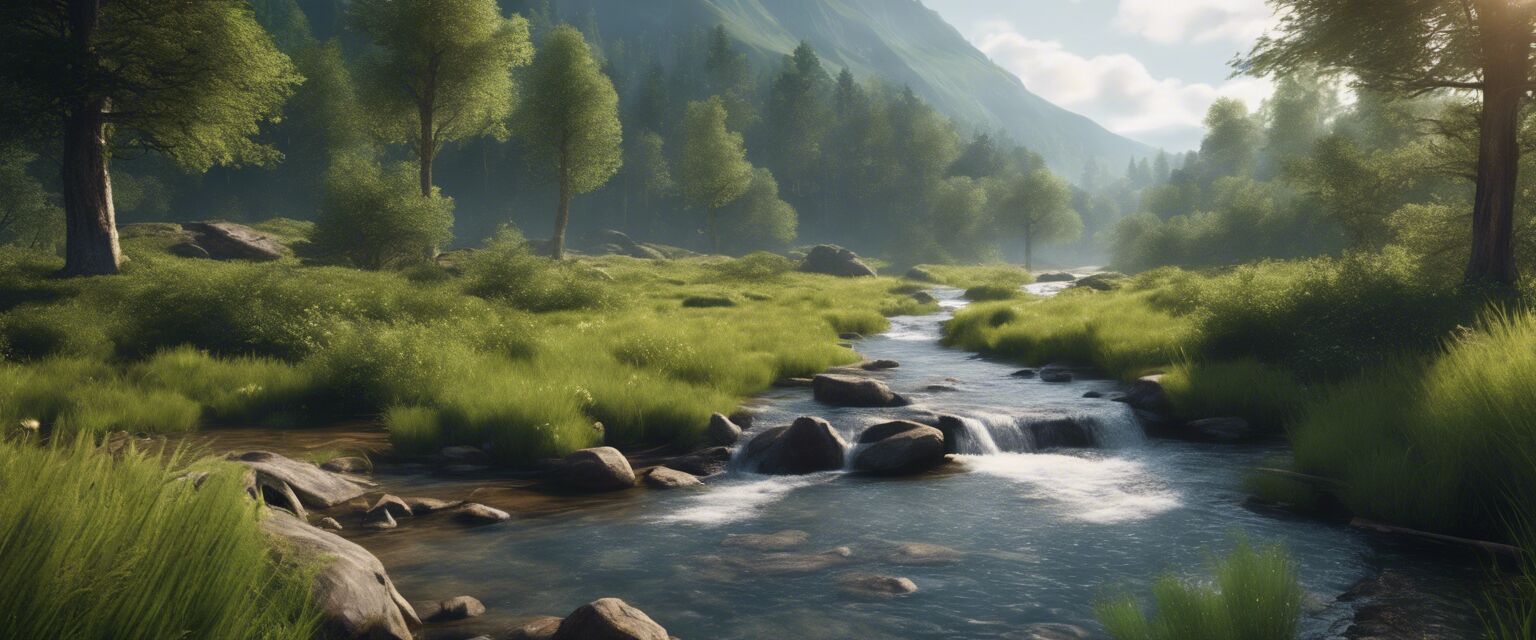
Water Purification
Key Takeaways
- Understanding water sources is essential for off-grid living.
- Multiple purification methods are available, each with its benefits.
- Regular maintenance of purification systems is necessary for effectiveness.
- Water safety can be ensured through proper testing and treatment.
Living off the grid often means relying on natural water sources. However, these sources may not always be safe for consumption. This article explores various methods of obtaining and purifying water, ensuring you stay hydrated and healthy while living off-grid.
Understanding Water Sources
When living off-grid, identifying reliable water sources is crucial. Below are some common types of water sources:
| Water Source | Description |
|---|---|
| Streams and Rivers | Flowing freshwater sources that may require filtration. |
| Lakes and Ponds | Stagnant water bodies that need thorough purification. |
| Rainwater | Collected water that can be treated and stored. |
| Groundwater | Water accessed through wells; may need testing for contaminants. |
Methods for Purifying Water
Once you've sourced water, purification is essential. Here are several effective methods:
1. Boiling
Boiling is one of the simplest and most effective ways to purify water. It kills bacteria, viruses, and parasites.
- Bring water to a rolling boil for at least 1 minute.
- Higher elevations require longer boiling times.
2. Filtration
Water filters can remove impurities and pathogens. Hereâs a comparison of filter types:
| Filter Type | Pros | Cons |
|---|---|---|
| Activated Carbon Filters | Improves taste, removes chemicals. | Does not remove all pathogens. |
| Reverse Osmosis | Removes most contaminants. | Requires electricity, more expensive. |
| Gravity Filters | No power needed, easy to use. | Slower filtration rate. |
3. Chemical Purification
Chemicals such as iodine or chlorine can disinfect water. Follow these steps:
- Add the recommended amount of chemical to the water.
- Let it sit for the required time before drinking.
4. UV Light Treatment
Ultraviolet light can effectively kill pathogens. Portable UV purifiers are available for off-grid living.
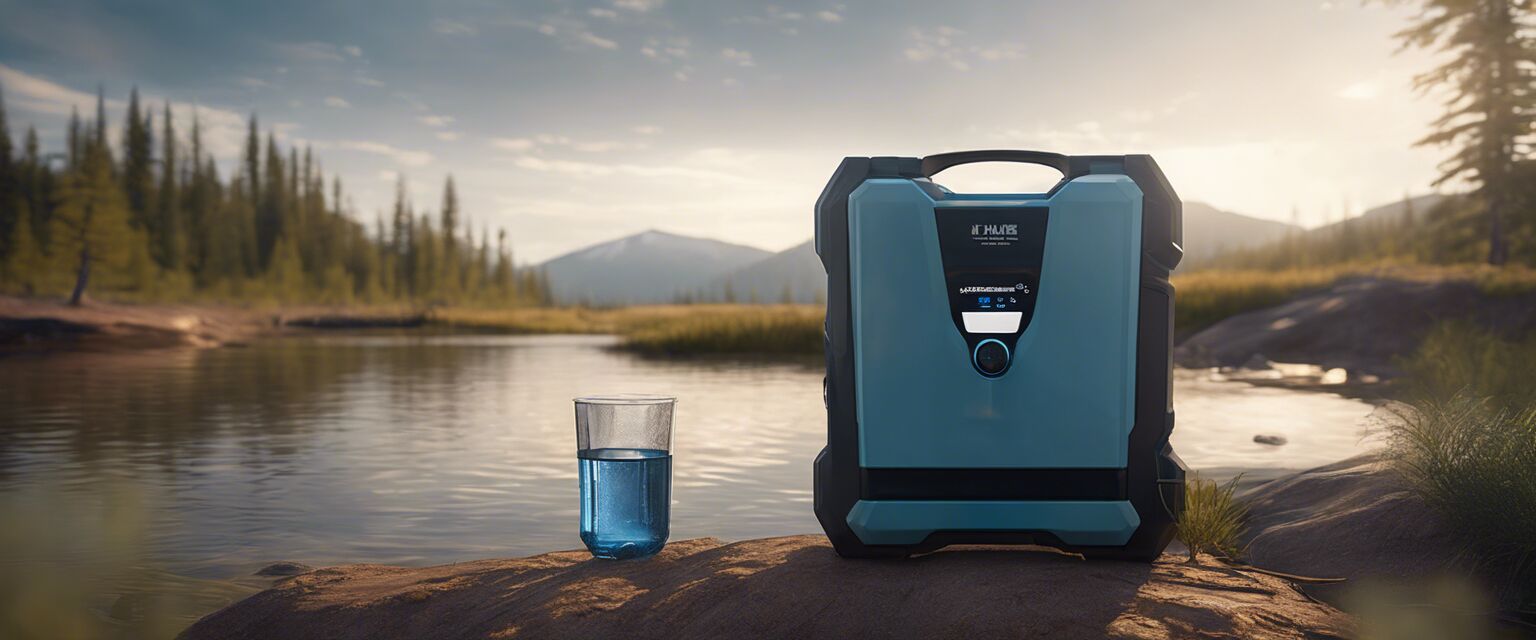
Maintaining Your Water Purification System
Regular maintenance ensures your purification systems work effectively. Here are some tips:
- Clean filters regularly as per manufacturer instructions.
- Store purification systems in a dry place to prevent damage.
- Test water quality periodically to ensure safety.
Testing Water Quality
Testing your water can help identify contaminants. Here are some common methods:
| Testing Method | Description |
|---|---|
| Test Strips | Quick and easy method to test for pH and contaminants. |
| Laboratory Testing | More comprehensive analysis of water sample. |
| DIY Kits | Affordable kits for basic testing at home. |
Tips for Beginners
- Always have backup purification methods.
- Learn about local water sources and their safety.
- Stay informed about seasonal changes and their impact on water quality.
Conclusion
Water purification is a vital skill for anyone living off-grid. By understanding your water sources and using effective purification methods, you can ensure safe drinking water. Regular maintenance and testing are key to maintaining your health and hydration.
Pros
- Access to clean water promotes health.
- Multiple methods provide flexibility based on resources.
- Increases self-sufficiency while living off-grid.
Cons
- Some methods may require investment in equipment.
- Time-consuming depending on the method used.
- Environmental factors can affect water quality.
For more information on related topics, check out our articles on water purification products, sustainable energy solutions, and homesteading tips.
